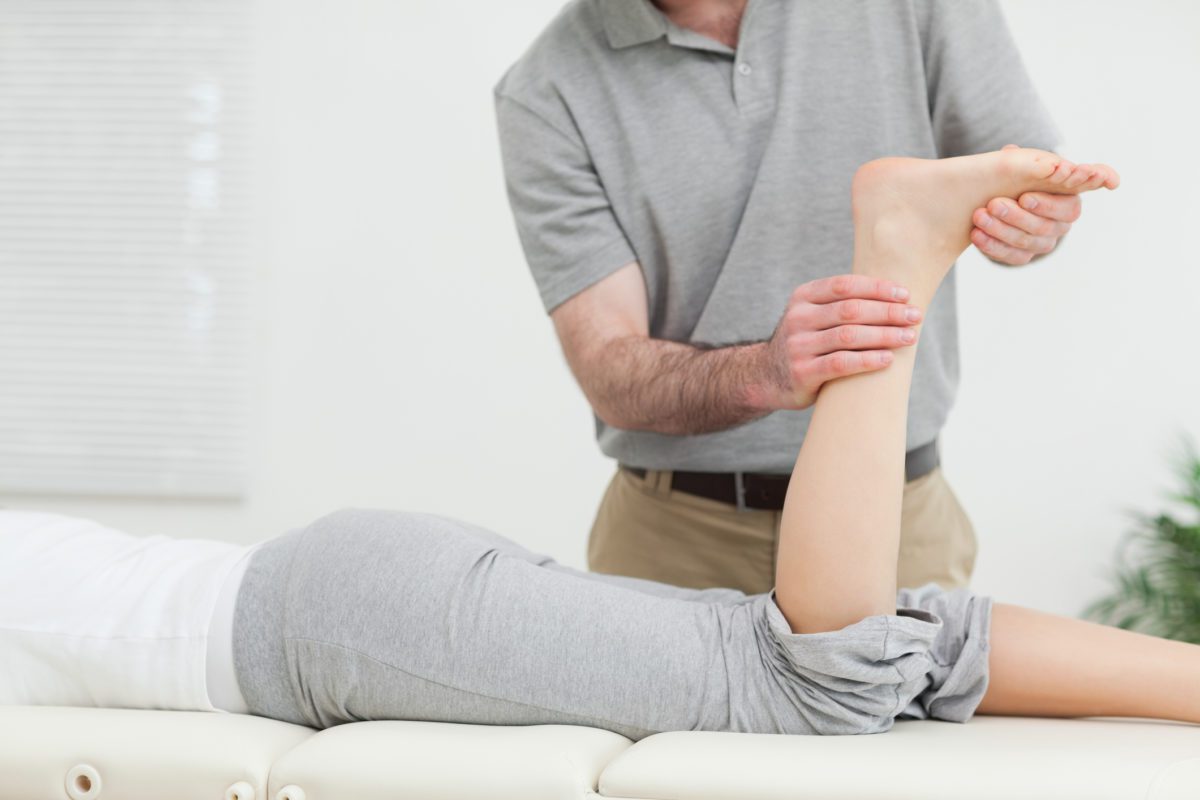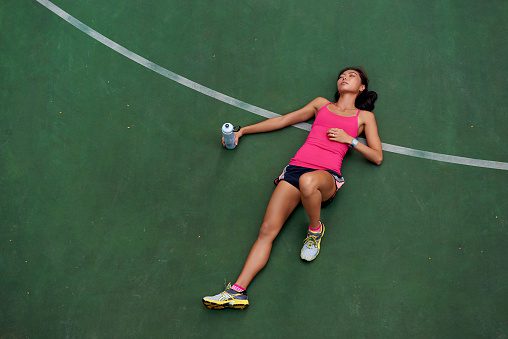Higher mileage could lower likelihood of nagging Achilles pain
Study finds 32 per cent of runners with Achilles issues have them for over a year

A new study from the Scandinavian Journal of Medicine and Science in Sports has looked at the prevalence of longterm symptoms following an Achilles injury. Researchers found that one third of runners (32 per cent, according to the study) develop persisting symptoms of Achilles tendinopathy one year after the injury’s onset. This injury is notoriously difficult to treat, and, subsequently, to get rid of. Here’s a look at the factors that can affect the longevity of the injury.

History of higher mileage
Researchers wrote that their most surprising finding from this study was that a history of higher mileage before the injury actually lessened the likelihood of symptoms continuing after one year. Authors admitted that this finding was difficult to explain and needs further investigation, but they hypothesized that higher-mileage runners might be more consistent that those who run less. Consistency in training usually means fewer spikes in the load put on the body (for example, rapid increases in mileage per week), and it can help runners stay healthy.

Metabolic disorders
Researchers also found that metabolic disorders played a role in the prevalence of a nagging Achilles injury. After looking at runners with hypertension, high cholesterol and diabetes, they found that runners with conditions like this had a higher chance of persisting injury. This is likely due to the inflammation caused by the disorder, which prevents the Achilles from healing properly.
RELATED: The new way to heal your Achilles tendonitis
If runners are dealing with an Achilles injury, seeing a professional for treatment and a rehabilitation program can make a world of difference. Recently, literature has changed around the injury, encouraging runners to do some heavy lifting to heal. Lauren Roberts, a Toronto-based physiotherapist, told Canadian Running in 2019 that she “used to prescribe runners 50, 60, 70 reps of calf raises, but now I suggest doing five to eight at 70 per cent of their maximum load. We’re seeing faster recovery with this style of rehab.”
While Achilles injuries aren’t fun, they can be just a small bump in the road when taken care of quickly as opposed to an injury that nags for years.
RELATED: Therapeutic ultrasound for rehabbing running injuries at home

